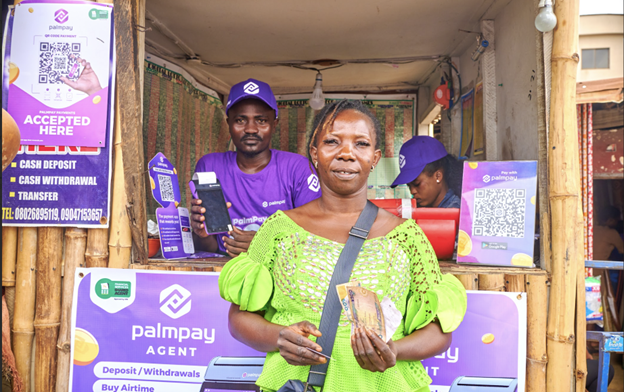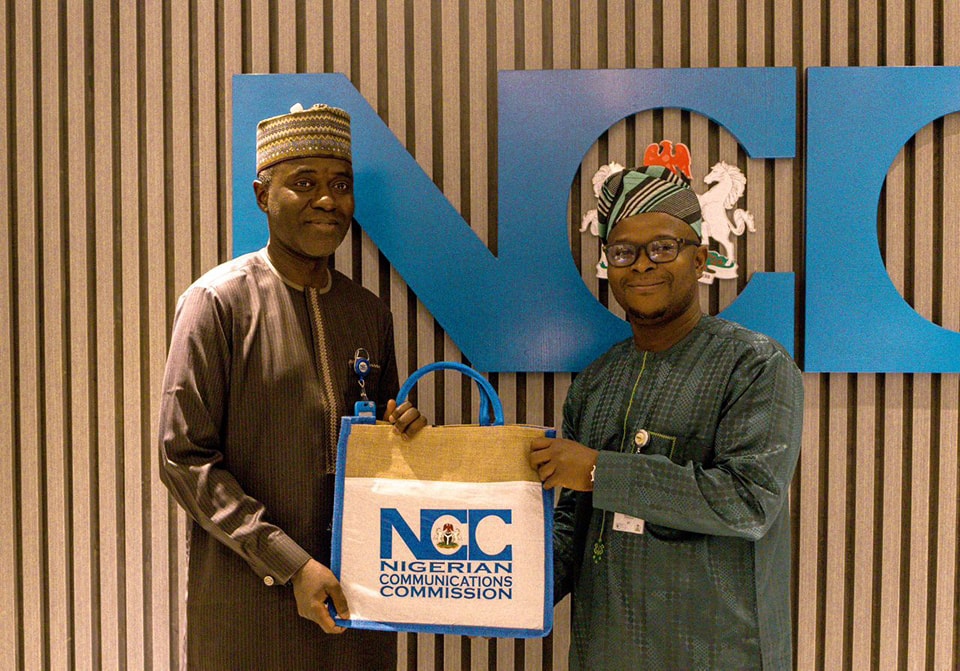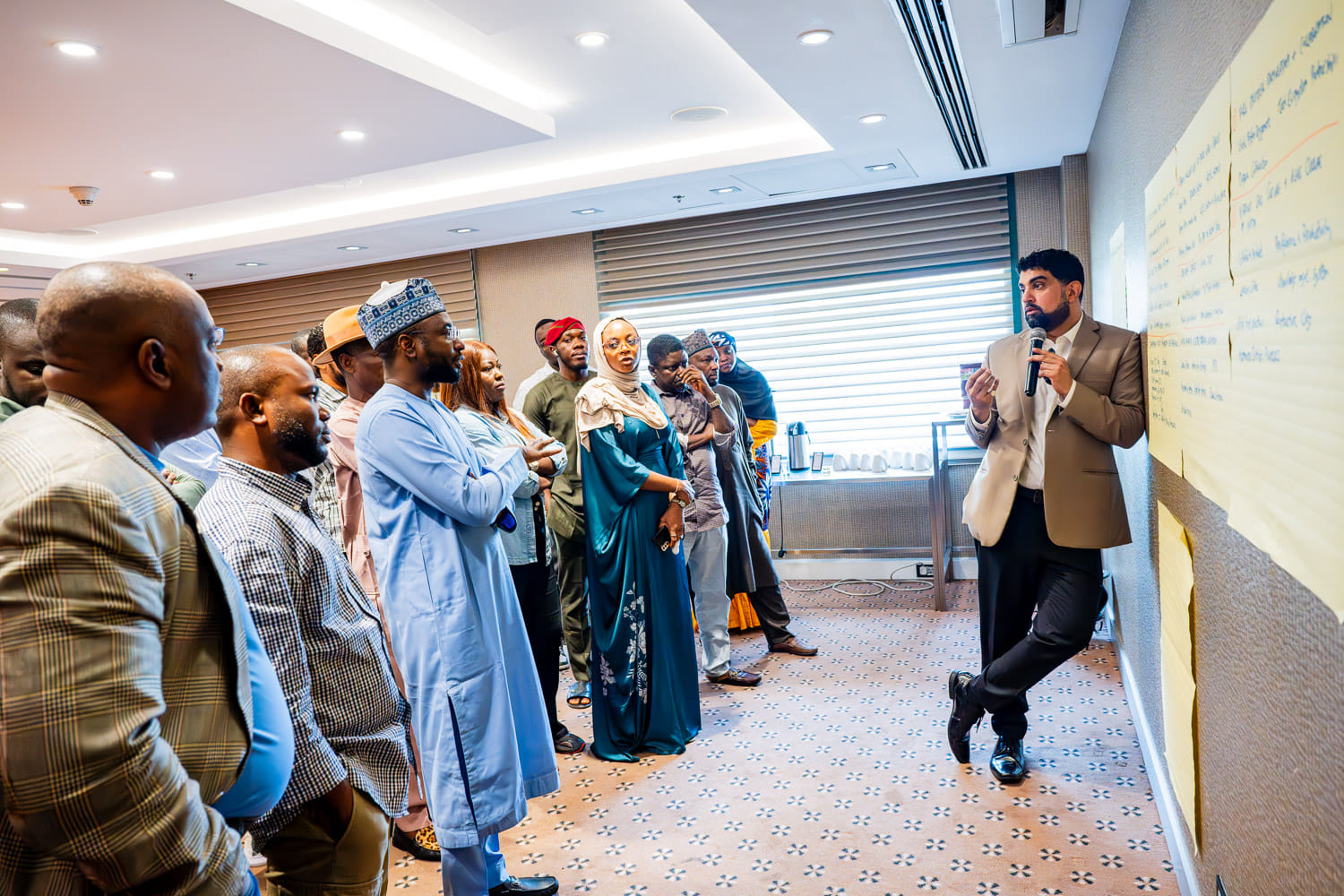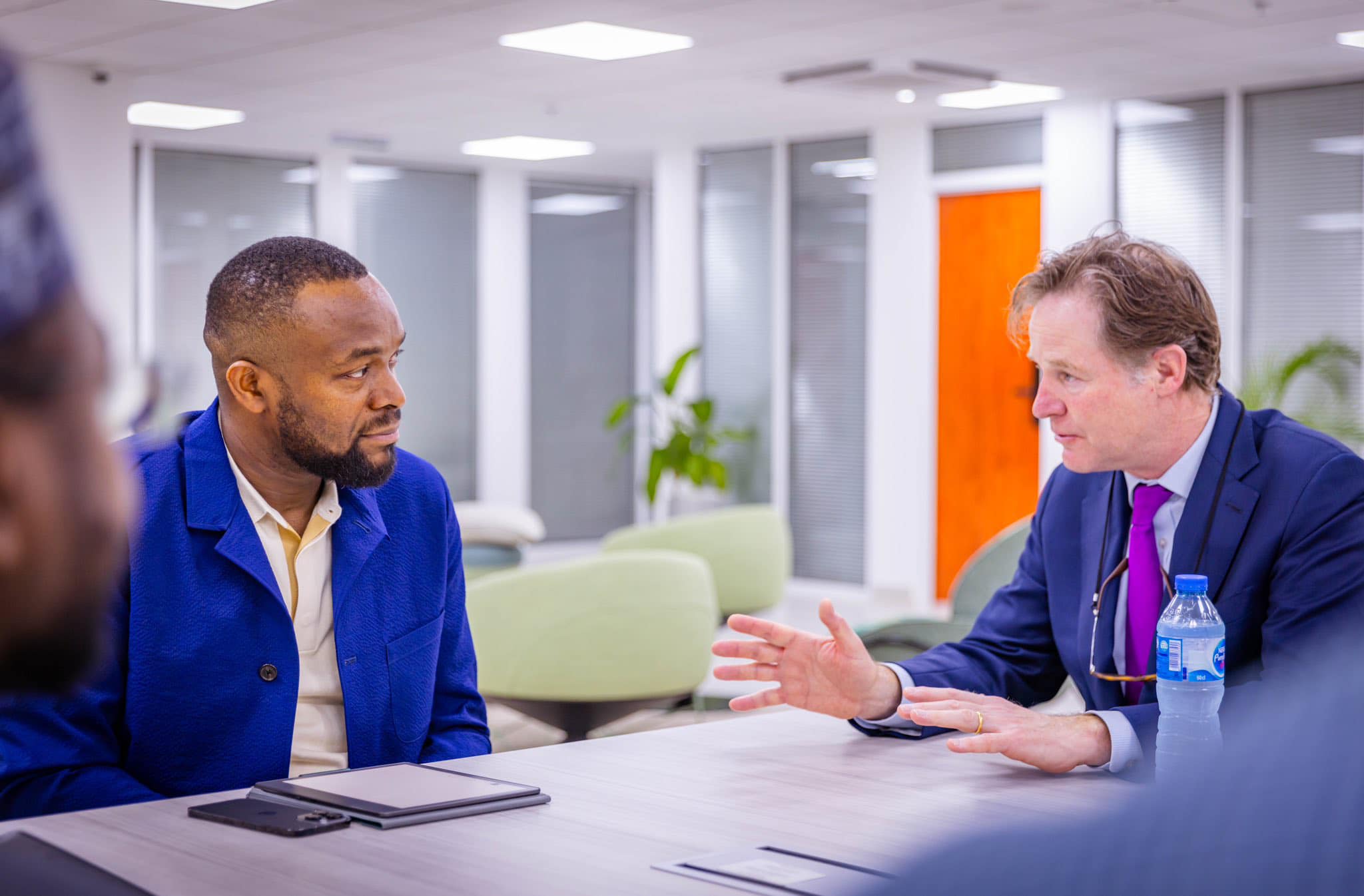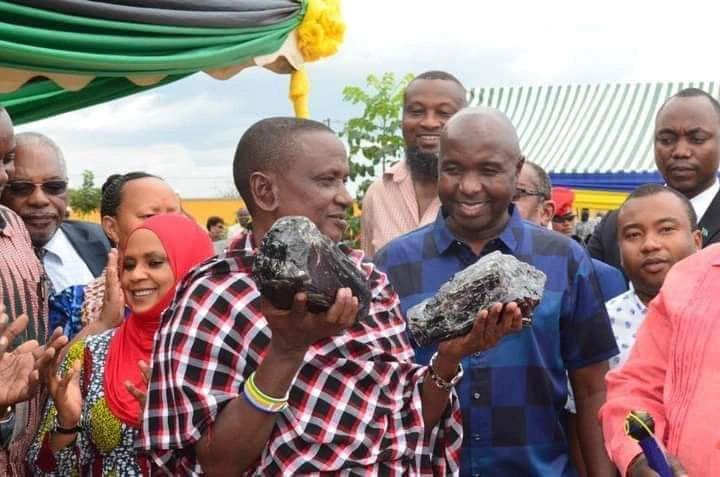Tango Matoti, Head of Tétris Workplace Optimisation at Tétris Design and Build explains how employers can reinvent the promise of their working spaces, and the technology it relies upon, to truly support and nurture all aspects of their workforce.
The hybrid age is raising fundamental questions about the value and purpose of the workplace, which will be impossible to solve without technology. Organisations that successfully utilise technology and nurture innovation to support their goals and employees will be well-positioned to take on new challenges with a greater competitive advantage.
The challenge? Knowing which are the right technologies for your organisational structure and workplace strategy.
The role of the office in a post-pandemic world
According to the latest research from JLL on Technology and Innovation in the Hybrid Age, navigating, implementing, and managing this new world will depend on intelligent and enabling technology – and rethinking the human experience of design. As hybrid work is here to stay, organisations are considering how it can be organised to the needs and preferences of employees. Today, spaces, technologies, support services, acoustics and working patterns are being reconsidered through design to play an effective part in creating the right working environment.
Access to technology
The office is still considered an attractive destination because of its ability to provide access to the right set of technologies. 56% of employees find the technology in the office better than anywhere else but virtual collaboration also happens at home, from coffee shops, as well as in the office itself in almost the same proportions, with each needing support. In practical terms, this means finding ways to facilitate effective meetings that include both in-person and virtual participants. Because the workforce is usually split between home, the office, or other locations on any given day, smaller rooms that are better equipped to facilitate this have quickly become important considerations, along with efficient and easy-to-use space-booking systems.
Reinventing work for a changing world
As organisations take a closer look at how to remain competitive by attracting and retaining top talent, it has become necessary to re-examine our collective understanding of the system of in-person work including what type of furniture is required, the role of natural light in creating wellbeing and how technology enables collaboration meaningfully for individuals to be at their best. For this to happen successfully, we need to better understand how individuals respond to different contexts and work types to help design work situations that empower people to perform. Better technology used in tandem with today’s design principles can help drive diversity and inclusion for many companies, allowing staff with disabilities to be included too.
Rethinking the human experience of design
In the face of the hybrid work challenge, there’s immense opportunity to reinvent the human experience of work and technology. Outdoor spaces, creative spaces, co-working spaces and learning spaces can be modified for focus and creativity. Enhanced brainstorming and project management tools are also exceptionally impactful and can be weaved into the fabric of collaboration to nurture a vibrant company culture. People generally think first of screen-based collaboration tools when considering how technology can enhance productivity in the office and at home. But new ways of working present an exciting chance to think bigger than screens. Many new technologies are emerging that focus on improving people’s engagement with others alongside their comfort in the workspace which contributes to collaboration, wellbeing and performance.
In an environment of near-constant distraction, the ability to focus and the potential for design to support real focus is highly coveted. Concentrated individual work can be designed to be undertaken at workstations but also in informal open-work points or dedicated focus rooms. Although many hybrid offices now tend to focus on collaboration, enabling focused and private work is also a very important part of boosting performance in the office.
Technology that enhances the working environment
Moving forward, leading organisations are likely to focus on previously overlooked features such as the quality of acoustics and lighting, as well as soundproofing and wireless charging. Finding ways to repurpose pre-existing technology and deciding where to invest in higher-spec technology will be crucial in a company’s journey towards enhancing physical workspaces and making meetings more productive. At an infrastructure level monitoring and controlling air quality provides security for people so that it is safe for them to collaborate in a physical space. Effective booking systems enable people to book meeting spaces confidently. Linking booking systems to local transport and traffic reports can give teams the power to reschedule or change meeting spaces to avoid wasting time unnecessarily. These are simply a few examples of how we can tap into technology to meet the changing needs of an increasingly mobile workforce.
How can employers marry the tech and human needs of their workforce?
The starting point is taking time to survey and understand employees’ needs and expectations. Workspaces can be finetuned to ensure employees have access to the technological tools they need while enhancing our very human needs for comfort, concentration, safety, and wellbeing through design you can feel.










